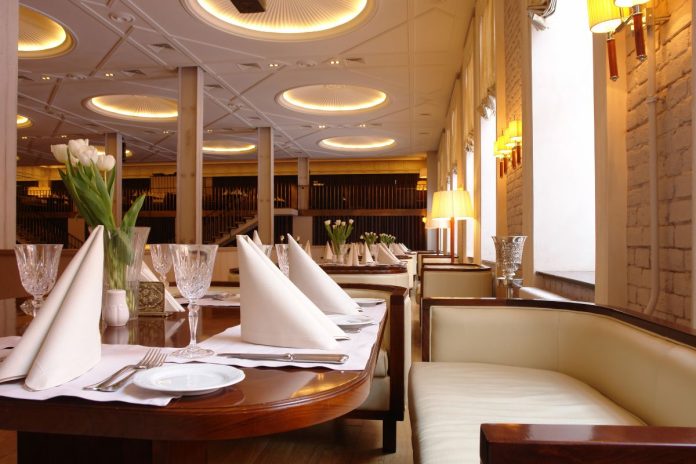Creating a successful business is more than a little challenging, especially so in the food & beverage sector, a very competitive arena that is constantly evolving. The first thing to do is create a concept, a business identity, a niche; it might be a steakhouse, a coffee shop, or even a fast-food outlet and this should form the basis for writing a business plan.
What Does a Business Plan Entail?
A detailed overview of the business with an organization flowchart; a marketing section that explains how you intend to get your share of the market. Indeed, within a business plan, there is a digital marketing plan that includes SEO and social media. You need to list all business assets, while also calculating startup and running costs. Simply put, a good business plan should answer any questions a potential investor might have.
Digitalise your Business
Take the restaurant invoice management system available from a global platform; a paperless environment is eco-friendly and uses powerful features to streamline your processes. Create a secure cloud network to host all your business data and password-protect specific data; you can automate your invoicing processes while tracking in real-time.
Health & Safety
Wherever you are in the world, the government will have strict laws in place regarding food & beverage; your kitchen will be inspected before the issue of a trading permit that allows you to sell consumables. Fire escapes and extinguishers need to be in all the right places and staff must wear suitable clothing.
Recipe Management
Cutting-edge software empowers you when it comes to recipe management; create folders and store data in text, images, and even video to demonstrate dish preparation. Your recipes are valuable, which is why you should store the data on the cloud, where top-rated cyber security is always in place.
Procurement
It can take a while to find the best local suppliers; indeed, if you use a top-rated international platform, you can access a catalog of F&B suppliers and even track prices in real-time. This can be a nightmare for a busy kitchen manager, which is why you should make the best use of digital tech.
Digital Marketing
Word of mouth isn’t going to pay the bills; you need to generate a strong online footprint; talk to an award-winning SEO agency and create a dynamic online marketing campaign, one that delivers the desired results.
Startup Costs
Crunch the numbers and find out exactly how much it will cost to launch the restaurant; add a minimum of 25% for unexpected expenses, then calculate your running costs and break it down to a daily revenue that you must hit to break even. This is a simple way to benchmark income; some entrepreneurs break it down to an hourly rate, which is a firm target that can be measured.
Staff Training
When hiring waiting staff, focus on attitude rather than experience; if a person has a bubbly personality and a desire to please, they can be trained to provide 5-star service. Staff training is important and should be part of your culture, while at the same time acquiring accurate customer feedback. Here are a few essentials to look for in potential employees.
Restaurant Ambience
Spend time on your fitout, think about a concept, and talk to an established store fitout contractor, one who has the know-how and resources to transform your concept into reality. Most are willing to work to the client’s budget and you can rely on the project being completed according to the timeline. Getting the interior design wrong is a very expensive mistake, so much so that you should call in an interior designer with restaurant experience.
Take Out Markets
Most restaurant owners are already signed up with many apps that deliver food to people and we think this is a growing sector that should be explored. Sign an agreement with the app company and they will add your menu to their catalog; the take-away market is growing exponentially. They have a fleet of motorcycles that collect the orders and they use a digital payment gateway to settle their account with you.
Indeed, many food businesses focus solely on takeout, which can be very profitable, and with GPS tracking, you can track your fleet of drivers in real time. These businesses do well in inner cities and they have a strong online presence, making it easy to order your favourite food.
If you are going to migrate your business data to the cloud, you need to be sure that you have top cyber security that protects against hackers.





